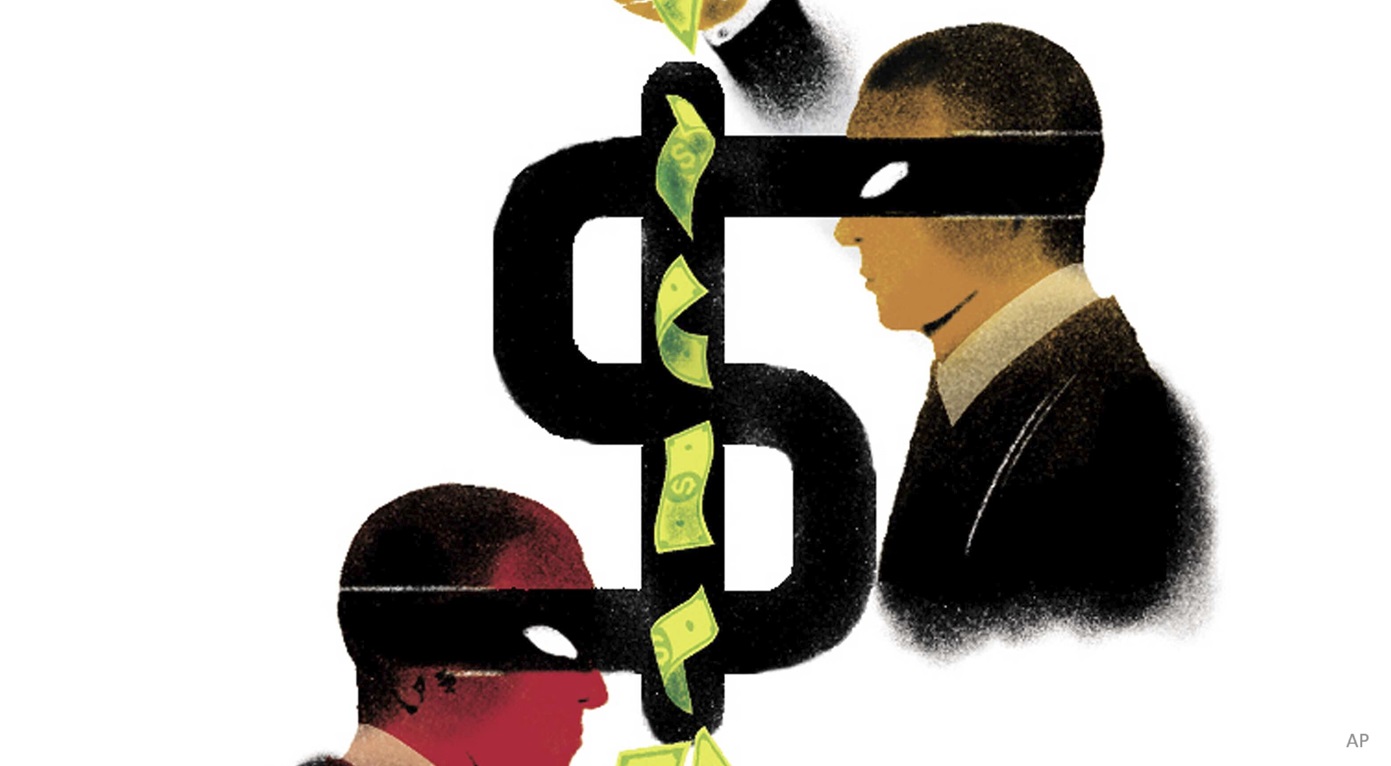Simone Loke, vice-president and director, investment management, at TD Asset Management Inc., says that a European recession in 2012 is inevitable given the extensive austerity measures that have been introduced in a number of the financially troubled countries.
"The extent of the drag on global economic growth will depend on the severity of the European recession," says Loke, who has more than 20 years' experience in international investing. Her call is that "this European recession is likely to be a mild one, but assumptions can change."
She cautions that the European equity market, which has been weak over the past two years, may still produce a "lacklustre" performance this year. "There will be volatility during the year as investor confidence ebbs and flows." A plus, she says, is that "European equity valuations are currently at multiple-year lows."
There are both significant short- and long-term challenges facing the European economy, says Loke. In the short term, there is a need to provide financing for the troubled sovereign borrowers. It is equally important, she says, to provide liquidity to and generally restore confidence in the European banking system, which is vulnerable because of its exposure to these borrowers.
Over the longer term, Europe must "undergo extensive structural reform to improve productivity in the peripheral countries." A key question, Loke says, is whether the euro will survive. "While the membership of the eurozone may change, it is likely that the stronger countries will work hard to maintain it, as it has been a great boon to them, particularly Germany."
At present, says Loke, Europe has a ratio of sovereign debt to gross domestic product of 85%. "Peripheral Europe's ratio is much higher," she adds, referring to severely indebted countries such as Greece and Portugal. Historic studies show, she says, that the risks to growth increase when this ratio hits 90%.
 |
|
 |
|
| Simone Loke | |
 |
|
 |
|
 |
A recent positive move for alleviating the European sovereign-debt problem, Loke says, is that member countries of the International Monetary Fund have increased their commitments to this world body to give it more firepower. "This opens the door for non-European countries such as Brazil and China to lend their support."
There has also been some progress, she says, in boosting confidence in the European banking system. Global banking regulators, she notes, had introduced higher capital-adequacy requirements for the world's banks in September 2010, prior to the resurfacing of the European debt problems.
Since then, the European Banking Association has raised the capital requirements for European banks above the global threshold and some individual countries have gone even further in raising the bar.
Also, in early December, Germany and France proposed a fiscal pact, which could encourage tighter fiscal co-ordination and tougher enforcement of financial prudence among member countries. "This may pave the way for the European Central Bank to take on the enhanced role of lender of the last resort to the troubled banks under its aegis."
Loke points out that there is a difference between the macro and structural challenges facing Europe and the performance of European companies. There are many European companies, she says, that are world leaders in their field and have an increasing portion of their business in higher-growth emerging economies. "One of my investment themes is export-oriented companies with a growing exposure to emerging Asia."
| Index | 1Y | 3Y | 5Y | 10Y | |
 |
|||||
 |
|||||
| MSCI Europe Index (C$) total return | -8.3 | 1.8 | -7.1 | 0.5 | |
| MSCI World (C$) total return | -2.7 | 4.8 | -4.4 | -0.4 | |
| S&P/TSX Composite total return | -8.7 | 13.2 | 1.3 | 7.0 | |
 |
|||||
| For periods ended Dec. 31, 2011 | |||||
 |
|||||
At TD Asset Management, Loke is responsible for TD European Growth, which has some 70 names, and a more concentrated global portfolio for the firm's private clients. Her investment style is growth at a reasonable price.
"It is tough managing European equities in the eye of the storm," she says. Her strategy is defensive, "avoiding the problematic sectors and countries."
At the end of November 2011, TD European Growth had 46% in companies based in the United Kingdom, which is an overweight position relative to the fund's benchmark MSCI Europe Index. "UK companies have historically worked in emerging markets, long before it became fashionable."
In continental Europe, the fund had a total of 35.9%, in companies headquartered in Switzerland (10.9%), Germany (10.5%), France (10.1%) and the Netherlands (4.4%). All these countries have relatively strong economies, making for a total for the fund of 81.9% in the more robust European economies.
The fund is at market weight in the financial-services sector, but underweight the banks, says Loke. Among its top 10 holdings are HSBC Holdings PLC and Prudential PLC, both based in the UK.
"Both are global financial-services companies, with strong competitive positions in the markets they serve," says Loke. She adds that they have sustainable business models, are strong cash-flow generators, and their growth drivers are outside of Europe, particularly in emerging markets.
Prudential, for example, has a growing presence in Asia, a strong brand in the United States and a modest footprint in the UK, Loke says. "In all, these two companies have the key characteristics that I look for in investing in companies."
As a defensive play in the materials sector, Loke has invested in Linde AG, a world leader in supplying a wide range of industrial gases, specialty gases and medical gases. Based in Germany, Linde has employees in more than 100 countries. This industry is an oligopoly, she says. "There are significant barriers to entry, giving Linde pricing power."
Of the energy sector, Loke says: "Our theme at TD Asset Management is that there is a secular undersupply of energy globally versus the expectation of increased demand from emerging economies."
A major holding in the fund is BG Group PLC, a significant producer of liquefied natural gas, "which can be shipped anywhere in the world," says Loke. Also based in the UK is BP PLC, a global integrated oil company, which is another significant holding.
Loke is cautious about European consumer-discretionary stocks. "The extensive austerity measures being introduced in a number of European countries will hit the consumer one way or the other."
The fund, she says, is also underweight in two traditional defensive sectors: consumer staples -- "the stocks are expensive" -- and European utilities. The latter, she says, have been hit with higher taxes within their home countries. "They have also been affected by the withdrawal of renewable-energy subsidies and the decommissioning of nuclear plants in Germany."
A recent sell from the portfolio is KPN, a Dutch telecommunications-services company. "Telecom-services companies have historically been viewed as defensive," Loke says, "but the European industry has been deregulated and has become highly competitive." In addition, she says, their wireless business is being threatened by new applications available for smartphones. "This puts a question mark over the sustainability of their earnings."






:quality(80)/cloudfront-us-east-1.images.arcpublishing.com/morningstar/Q3KIND5VXRCNHHH6JQHCCYBSSA.png)








